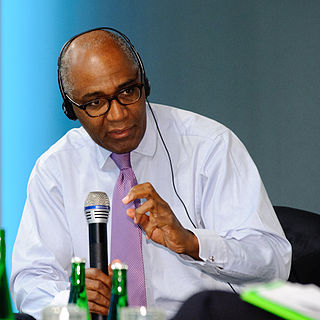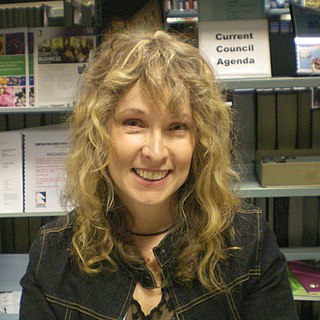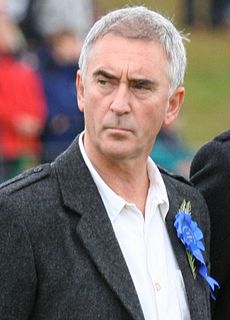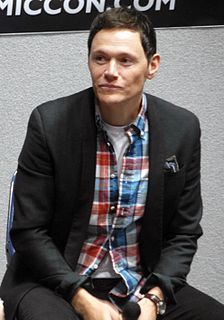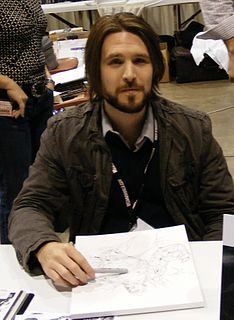A Quote by Trevor Phillips
Bleak House by Charles Dickens is my favourite book.
Quote Topics
Related Quotes
Although we might think of Holmes as the Ur-sleuth, the seminal inspiration for many writers comes not from the chronicles of Baker Street but from the intricately plotted novels of Charles Dickens and his colleague Wilkie Collins, who in works like 'Bleak House' and 'The Moonstone' established the modern, character-driven mystery novel.
'Joker' was a violent, dark, and brutal book, so I wanted to do something a little less heavy. I played around with the idea of a children's book, and that eventually became 'Noel.' And I just kept finding these parallels between things I could do with Batman and Charles Dickens' 'A Christmas Carol.'
Dickens's final book, 'The Mystery of Edwin Drood,' forms the jumping-off point for my new novel, 'The Last Dickens'. This last work by Dickens has very little social commentary and a pretty tightly efficient storyline and cast of characters. Not necessarily what we think of when we think what characterizes Dickens.
